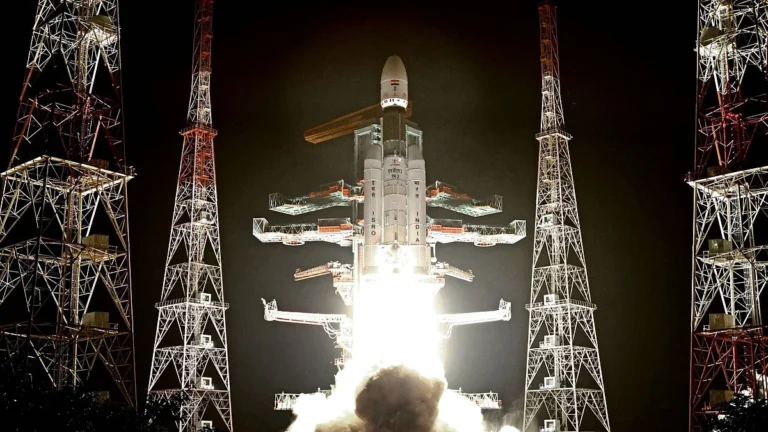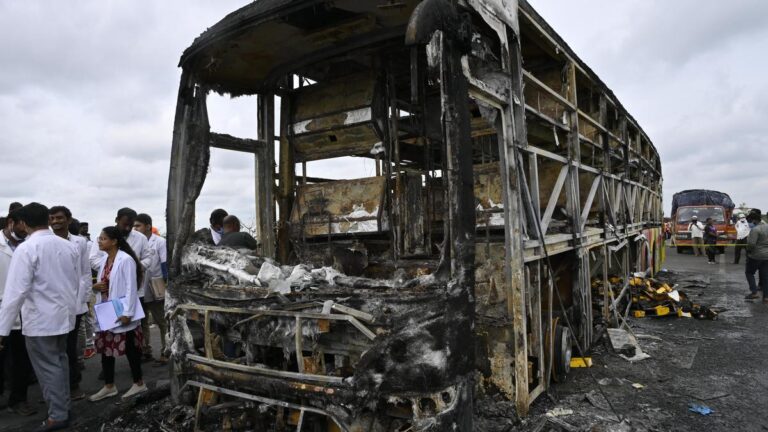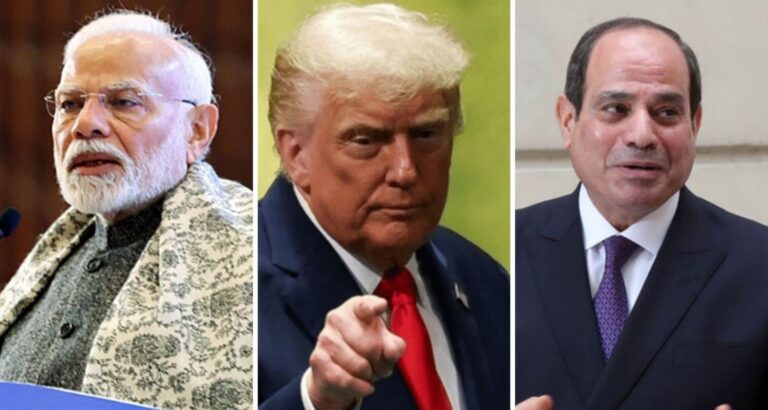
Strong Criticism Over Nuclear Rhetoric
Senior security and diplomatic officials have sharply criticised Pakistan Army Chief General Asim Munir’s recent remarks, in which he hinted at the country’s nuclear capabilities during a public address. According to them, such statements not only escalate regional tensions but also risk damaging Pakistan’s already fragile international image. The officials stressed that nuclear weapons should never be used as tools for political posturing, warning that this rhetoric could deepen mistrust among neighbouring countries and global powers.US Supports Pakistan Military

US Ties With Pakistan’s Military Under Scrutiny
Critics have also pointed to a recurring pattern: whenever Washington extends overt support to Pakistan’s military leadership, it often emboldens hardline positions rather than encouraging stability. They argue that US military assistance and political backing, historically aimed at strengthening counterterrorism cooperation, has at times been misused by Islamabad’s power structure to consolidate domestic control and issue aggressive strategic warnings.
Regional Stability at Risk
Analysts fear that the timing of Munir’s statement is particularly troubling, given the fragile situation in South Asia. With unresolved disputes and active border tensions, even verbal threats involving nuclear weapons can trigger heightened alert levels and military readiness among neighbouring states. Such developments, they warn, could derail ongoing peace efforts and increase the risk of miscalculation.
Calls for Measured Diplomacy
Multiple voices within diplomatic circles have urged both the United States and Pakistan to steer away from confrontational language and return to confidence-building measures. They emphasise that nuclear deterrence must be treated with the utmost responsibility, and any misuse in political narratives can have serious consequences for regional and global security.





